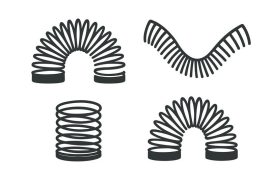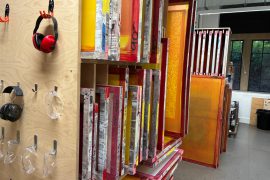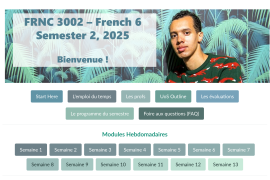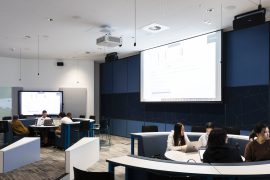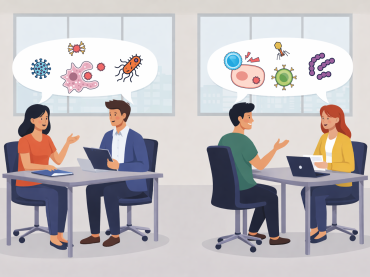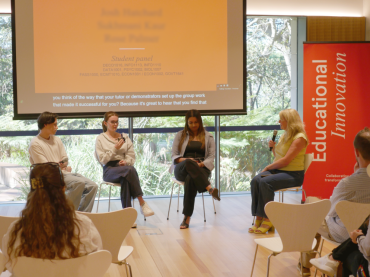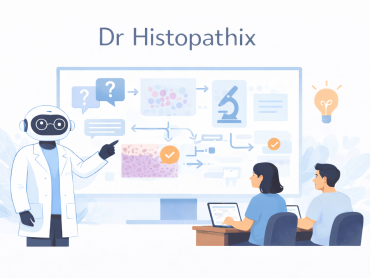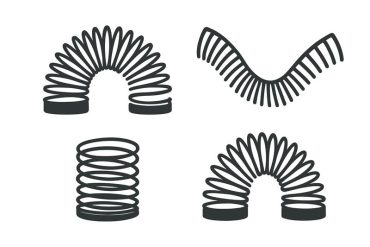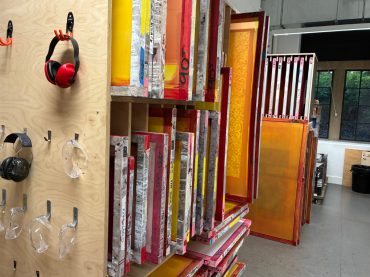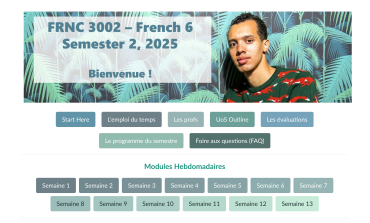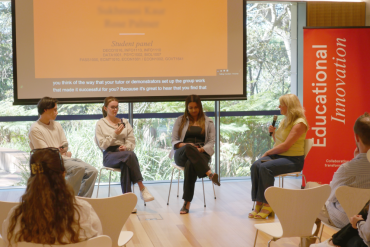
Featured Posts
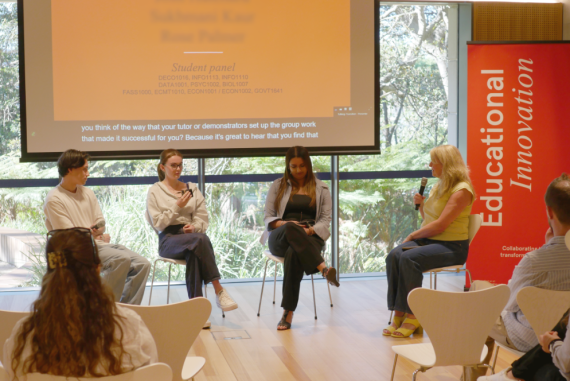
Supporting first-year transition to university at Sydney
byA student’s first year at university is the springboard to their learning journey. Making a successful transition to university is crucial to helping students…
Latest Posts
Active Learning Anywhere
byPractical techniques for effective engagement in flat‑floor, tiered, online, and hybrid classes The start of the academic year is always an exciting time for…
What we learned from 400+ Interactive Oral Assessments in STEM
byBy 2024, we faced a familiar challenge around assessment integrity: quiz answers and podcast assignments came back polished and well-produced, but we needed to…
Supporting first-year transition to university at Sydney
byA student’s first year at university is the springboard to their learning journey. Making a successful transition to university is crucial to helping students…
AI-enhanced learning in oral histopathology with Dr Histopathix
byOral and Maxillofacial Pathology is the study of diseases that affect the teeth, mouth, jaws, and gums, and is one of the core areas…
Designing meaningful student engagement with course readings
byCourse readings are central to student learning, yet they’re often treated as a routine, grudging task rather than a designed learning experience. On average,…
Teaching Chinese classical literature in Australian classrooms through close reading and creative adaptation
byHong Lou Meng (紅樓夢), also known as The Dream of the Red Chamber, is one of the most celebrated works in the canon of Chinese classical…
What we learned from our first year of education-focused SoTL grants
byWhat happens when you give education-focused academics funding to investigate their teaching questions? A year on from the first round of Education Focused (EF)…
Small moves that support Chinese students’ participation
byOver many years of researching Chinese international students’ learning experiences, colleagues have frequently approached me with similar questions: How can I help my Chinese…
To Gen AI or not to Gen AI: Collaborating with student partners on the two-lane assessment approach
byTime has passed since the unleashing of ChatGPT for public consumption in November 2022, and we are no longer faced with the dilemma of…
Teaching critical self-reflection with help from generative AI
byWe live in a world marked by environmental challenges, social inequities and political uncertainty. These issues are not peripheral to universities; they are central…
Using storytelling and decision-making to create active learning experiences
byEveryone loves a good story and using storytelling in teaching is a powerful tool. With their relatable characters and vivid details, stories can engage…
Authentic workplace learning in pharmacy through mystery shopping
byWork-integrated learning (WIL) is essential in professional health education, but it doesn’t always prepare students well for real practice. In pharmacy education, students traditionally…
You have a customised AI agent – now what? Implementing and iterating Cogniti for improved teaching and learning
byThe presence of generative artificial intelligence (gen AI) and Large Language Models (LLMs) has become ubiquitous. Students are already using gen AI, often to…
Benefits of curriculum mapping for teaching efficiency and program management
byAt a time when we’re ensuring our programs are future-ready – particularly in response to generative AI and evolving workplace demands – it makes…
Everyday innovation – creative practice
byCreativity is a process of exploration, experimentation, and taking chances which is vital in teaching and learning. Such exploration is related to generative playful…
Insights for educators on interdisciplinary education
byI was inspired to write this post after repeatedly having to explain the nature of my teaching. My engineering training and industry experience often…
Adapting HDR supervision practice at the speed of trust with generative AI
byHigher Degree by Research (HDR) journeys are often framed as a sort of personalised apprenticeship in disciplined inquiry: sifting texts manually, wrestling with raw…
Scaffolding International Business learning with Generative AI
byAnalysing complex, multinational companies and communicating these insights clearly is essential to international business. But it’s no small task! Recently Professor Hans Hendrischke and…
Delivering personalised feedback at scale using peer videos
byIn a cohort of large numbers of students, feedback can easily become impersonal. But what if the most powerful feedback didn’t come from us,…
False flags and broken trust – Can we tell if AI has been used?
byA recent ABC news investigation and Sydney Morning Herald story revealed the human cost of the use of AI detectors in some universities and…
Adapting Lane 2 assessments through familiar core principles
byThe rapid advancement of generative AI tools has brought about a new era in educational assessments. These tools, with their ability to create everything…
Taking the plunge together: A student’s journey in co-designing with staff
byIn Semester 1 2025 I joined a project in my home area of study, the University of Sydney Business School, to help educators navigate…
R-E-S-P-E-C-T: Student voices driving assessment innovation
byJust like the iconic song that spells out RESPECT, successful co-design in education begins with valuing student voices. A recent strategic education project in…
Decolonising the curriculum and fostering empathy through intercultural literacy in the french classroom
byIntercultural literacy is both a key part of one of Sydney’s graduate qualities, cultural competence, and of our teaching in the School of Languages…









